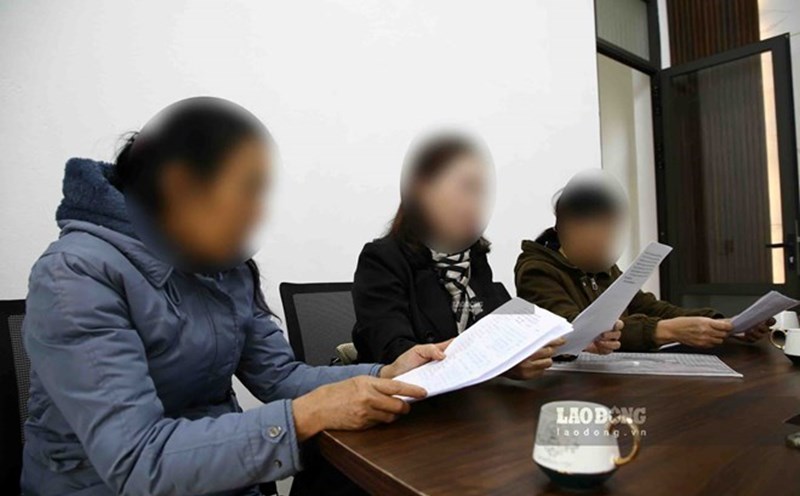This seems like a common concern. Food safety in urban areas is always a big problem. The root cause is the management and control of food at pests, temporary markets and slaughterhouses for livestock and poultry in Hanoi, which has not given consumers peace of mind.
A report by the Hanoi Department of Industry and Trade shows that the city currently has 167 spontaneous business locations in 36 units, along with more than 600 illegal manual slaughterhouses. These are the "loopholes" in management, leading to the risk of food safety and hygiene, spreading epidemics and causing loss of urban beauty.
Parking markets and temporary markets have been cleared many times but have returned to other areas. The reason is not new: People's buying and selling habits, high legal market costs, thin inspection forces and rapid urbanization. When the local government is not determined, the phenomenon of "changing markets here and there, growing markets elsewhere" will continue. Hand slaughter is still popular, with hundreds of small slaughterhouses, not supervised by veterinarians. It is a fertile land for epidemics to break out, dirty food seeping into people's meals.
Recently, in the face of the complicated developments of African swine fever, Hanoi has implemented the establishment of temporary centralized slaughterhouses for areas not yet included in the planning, helping to clearly separate sick pigs and safe pigs, avoiding the risk of spreading the disease to unaffected livestock households.
The city's leaders have even emphasized criminal prosecution of cases of intentional violations.
However, if we only "eliminate" but not "build", only "ban" but not "replace", the results will not be sustainable. People still have to have a convenient and cheap place to buy and sell; traders need a legal place to do business; businesses must see the benefits of investing in centralized slaughterhouses.
Hanoi still needs a comprehensive approach such as: Re-planning the market network, encouraging the model of "food safety markets", modern wholesale markets, even piloting a zero-dong market for disadvantaged people. Synchronous management from the stage of livestock farming - slaughtering - distribution, only allowing activities in the planning area, linking with neighboring provinces to develop livestock chain, product packaging.
Applying control technology such as: Mobile inspection vehicle, modern testing center, electronic traceability stamp... to help consumers identify clean products.
Controlling markets and slaughterhouses is not simply about eliminating some spontaneous business locations or handling some "illegal" slaughterhouses. This is a story directly related to the health of millions of people, to society's trust in the government. Only when Hanoi is determined, has synchronous solutions and the consensus of the people, will "clean meals" become a reality, so that there is no longer a worry about returning to the countryside to bring vegetables and meat to the city for safety.









